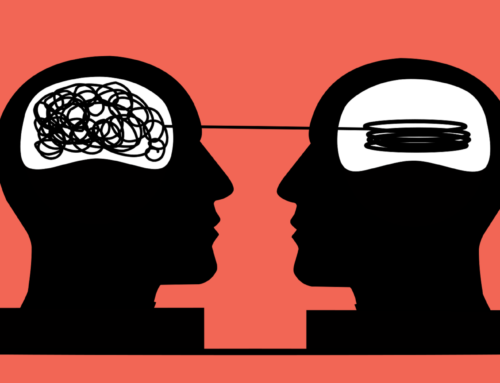New research has revealed a link between the gut and the brain in people with irritable bowel syndrome (IBS) and established it could be triggered by a traumatic childhood.
The exact cause of this common, long-term condition of the digestive system – which is often linked to diet – is not fully understood.
However, it has long been thought to be due to problems with the nerves or muscles in the gut, which bring on cramps and abdominal pain.
Now for the first time, a connection has been made between the gut bacteria of IBS patients and structural alterations in the brain.
Specifically, images of the areas processing sensory information – which are our perceptions of taste, sight, smell, hearing and touch – showed differences for IBS patients.
The study, by the University of California, Los Angeles, also found that early life trauma could indirectly trigger IBS in this way.
IBS can be a painful and debilitating condition which affects one in five people (file)
Negative childhood experiences have been associated with structural brain changes, which are thought to alter our gut microbiota – the complex community of microorganisms that live in the digestive tracts.
‘Signals from the gut microbes shape the way the sensory system develops,’ study author Emeran Mayer told Newsweek.
‘A lot of influences start during pregnancy and go on for the first three years of life. That’s the programming of the gut microbiome-brain axis.’
Until now, most of the research on the relationship between gut microflora and the brain’s functioning has been based only on mice.
The team collected behavioural information, stool samples and brain images from 29 adults with IBS and 23 healthy people as controls.
– Claudia Tanner







Leave A Comment